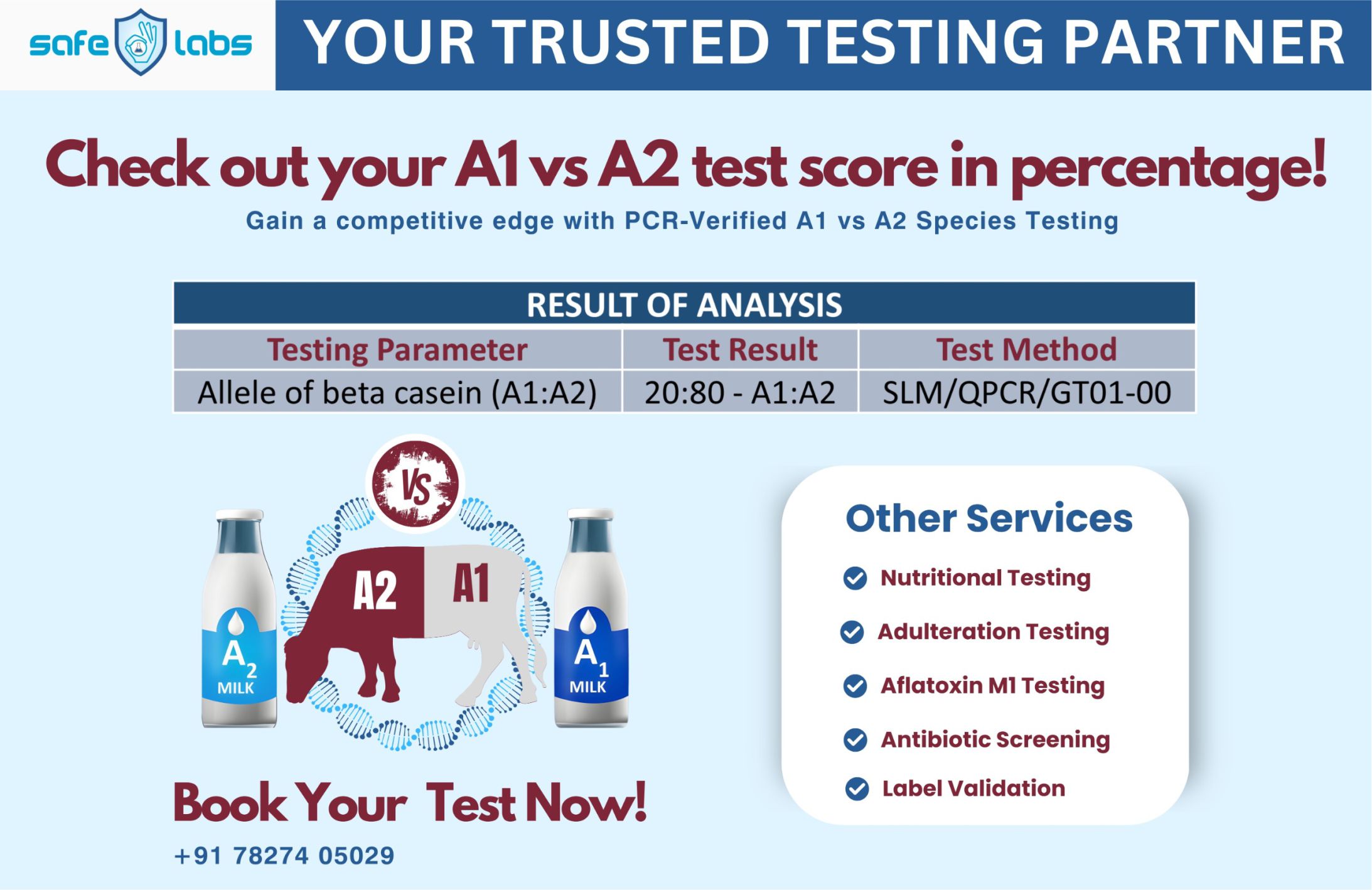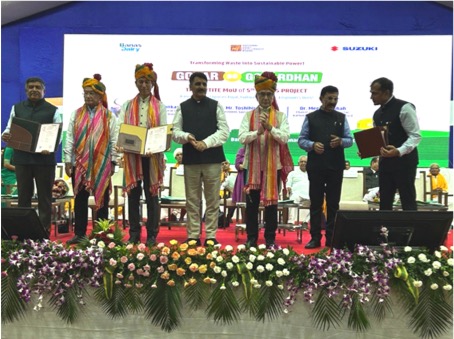Over 200 dairy cooperative industry veterans have written to the Union government and concerned ministries, opposing the proposed amendments to the National Dairy Development Board (NDDB) that could privatise the body.
In a memo dated January 18, 2022, the Government of India (GoI) asked for suggestions from the general public on the proposed NDDB Amendment Act. The proposed changes focus on diluting the dairy industry’s cooperative strategy, the appointment of private industry experts on board of NDDB and allowing the NDDB to invest in non-cooperatives.
The letter, written by veterans including retired MDs of Amul, Nandini, Milma, unions, EA to Dr Varghese Kurien, former director of IRMA, warns that these amendments would pave the way for privatisation of NDDB and eventually its subsidiary companies like Mother Dairy.
NDDB was founded in 1965 to replicate “the successful Anand Pattern of Dairy Cooperatives across the country.” The Anand cooperative, popularly known as Amul, and NDDB focused on ‘the cooperative strategy’ which gave “the farmer members ownership over not just the enterprise but also the brand name, and helped eliminate the middleman.”
This strategy was vitally crucial for Operation Flood(OF) I, II and III executed by NDDB in 26 years (1970-1996) “that helped India grow its milk production from 20 MMT in 1970 to almost 200 MMT now, leading to increased nutrition through increased milk per capita availability from 103 gm in 1970 to almost 400 gm now.”
The letter warns the government that the proposed amendments could turn the Indian dairy industry towards a private sector model, similar to Australia and the US, where limited people benefit from the industry’s growth.
“The proposed NDDB Amendment Act 2021 would be akin to that, by diluting its fundamental ‘cooperative strategy’ (Clause 4 of the Amendment) and opening it up to investing in the private sector and allowing a private dairy industry ‘expert’ to be on the board of NDDB (Clause 2). Its antitheses to all that NDDB stands for, all its principles and its philosophy. It’s like telling a Yoga guru to do Zumba. There is no dearth of funders for the private dairy start-ups. There is only one for the dairy cooperatives- NDDB,” the letter says.
It further highlights the ownership of subsidiaries of NDDB- the Rs 10,000+ crore Mother Dairy, IDMC (Rs 710 crore), Indian Immunologicals Limited (Rs 906 crore) and NDDB Dairy Services (Rs 5252 crore total turnover of subsidiary Milk Producer Companies) – are at stake. These subsidiaries were built on taxpayers’ money and funds raised in the name of farmers, and if privatised, they’ll go out of the hands of their rightful owners, i.e., the farmers.
While highlighting the dangers of the proposed amendments, the letter also notes the issue of corruption in NDDB and gives various suggestions for its improvement. For instance, it points out cooperatives’ politicisation, which can be stopped by enforcing the ‘One Person One Post’ rule to stop elected MLA/MPs/Councilors from taking over the board. The letter also suggests that the MD of NDDB shouldn’t be an IAS but a professional from the cooperative dairy sector with a vision and inclination for this position.
Furthermore, the letter calls for the improvement of the milk industry in India through Bulk Milk Chillers (BMCs), “where investment is needed presently and is also a big employment opportunity.” Moreover, the industry can also utilise blockchain technology to make cooperative societies function like decentralised autonomous organisations (DAOs), facilitating transparency of transactions and traceability of raw milk.






























